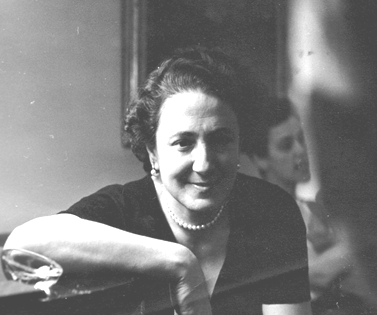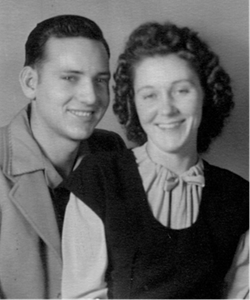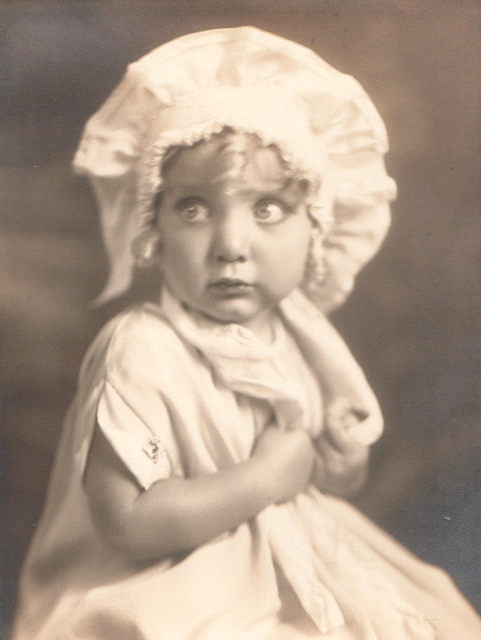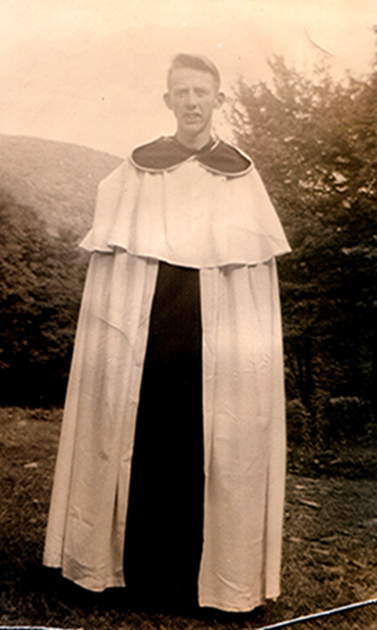Memoirs
Here’s what so wonderful about writing memoirs: I get to sit down with an “ordinary” person who has lived an extraordinary life. I listen to stories about ancestors and adventures, laugh at the funny moments and mourn the sad parts, and chart the milestones of their lives.
Then I capture these memories on paper, give them some historical perspective, weave in family photos and documents, and then produce a book for each family member.
Memoir writing is a magical journey. Every person I’ve worked for starts out telling me they “haven’t done anything worth writing about,” and by the time we are finished they hold in their hands proof that it has been, indeed, a wonderful life.
Each of them occupies a permanent place in my mind—and a forever place in my heart.
Here are some excerpts.
 |
We have just celebrated my 90th birthday in Aspen. Whenever I come here in the summer I like to hike, so on my birthday we went for a walk at the top of Aspen Mountain. I also enjoy attending the Aspen Music Festival, so we have gone to a concert almost every day.In the winter my daughter-in-law and I go cross-country skiing, and wherever I am I’ll swim, walk or exercise daily. I like good food and good wine—so it’s splendid to have a son who is both a master chef and an oenophile. I continue to volunteer, weave and needlepoint, and travel as much as possible.I do not have perfect sight, and my hearing has been failing for years, but I do not let either stop me from going to the museum, watching a good film or reading The New York Times. Descartes said it’s not enough to have a good mind—the most important thing is to use it well. I try to use mine every day.
I have lived through two world wars, a civil war in Germany, the Korean conflict, the war in Vietnam, bombings in the Balkans and now a “war on terrorism.” War resolves nothing, and I continue to be an ardent pacifist. I was a German in the times of kings, chancellors and the madman. I have been an American through the best and the worst of eleven presidencies. I still find politics invigorating, yet am appalled by the lack of leadership in the world today. I have been a scientist during earth-changing discoveries, a professional in the time preceding the women’s movement, and a Jew in the time of Hitler. I made a home, raised a family, saw the world and loved a man unlike any other. It’s been quite a good life. Please note: Edith Bloch Fehr’s Memoirs are now available through CreateSpace |




